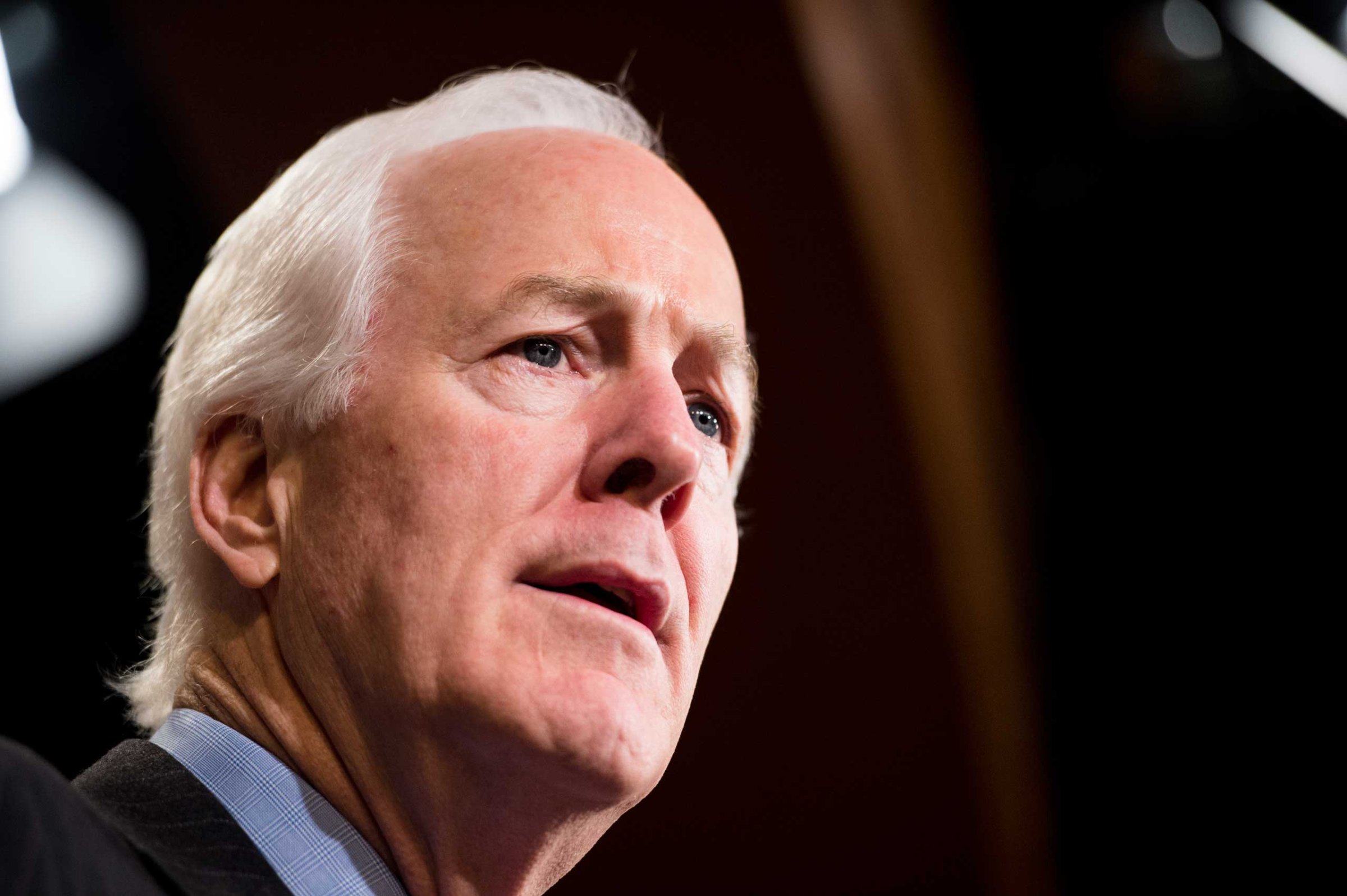
In February, the leading anti-trafficking organization Polaris praised the Senate for taking up their cause. On Wednesday, the group’s tone had changed dramatically, as it was now urging that same group of lawmakers to pass the same bill.
What happened? Two words: Abortion politics.
Until Tuesday, the bill was set to easily pass the Senate with bipartisan support. Now, it’s in jeopardy due to the inclusion of language that would limit women’s access to abortions.
“The bipartisan support to address modern slavery should not be held up by a separate debate on partisan issues,” said Brandon Bouchard, a spokesperson for Polaris.
The Alliance to End Slavery and Trafficking, another anti-trafficking advocacy group, expressed similar sentiment: “We urge all members of the Senate to turn away from this divisive debate and find a bipartisan approach to this new initiative to protect and serve the needs of survivors,” it said in a statement.
Introduced by Sen. John Cornyn of Texas in January, the Justice for Victims in Trafficking Act would establish a fund for victims using fines collected for trafficking crimes. Democrats and Republicans supported the bill, which passed out of the Senate Judiciary Committee with ease in late February. And on Monday, Senators seemed excited to move forward on the legislation.
That changed Tuesday, when Democrats cried foul over language in the bill they say was slipped in under the radar that would restrict the use of any funds collected from the trafficking punishment for abortions. Democrats say the abortion restrictions were not included in a list of changes to the bill that was circulated when it was introduced. Because of that, Democrats said they were unaware of any such provision when they decided to support it. Plus, they say adding it to this legislation goes too far.
Cornyn, however, says that doesn’t make sense. “I don’t believe for a minute they would have missed a reference in this legislation to a restriction on spending on funding taxpayer-provided abortions,” he said in an impassioned floor speech on Tuesday. “There are no shrinking violets in the United States Senate.”
Cornyn also said when he offered Democrats the option of offering an amendment they rejected it. “When we offered them an opportunity to offer an amendment to change that, they said: ‘No, we don’t want an amendment. We don’t want to change it by a vote of the Senate. We just want to block the bill,’” Cornyn said Wednesday. “And that’s what, unless something changes between now and the time we vote on cloture on the bill, is going to happen. Because they don’t want to amend the bill.”
But Democrats gave Republicans two options on Wednesday: remove the language or risk having the bill blocked.
“This bill has been hijacked by an issue completely unrelated to human trafficking,” Senate Minority Leader Harry Reid said in a floor speech on Wednesday. “I would suggest to the Majority, take it out.”
The whole ordeal is endemic of the partisan gridlock plaguing Washington, with both sides reluctant to cede any ground even though both agree on the fundamentals. Stuck in the middle of it all: the victims of trafficking and the organizations that were hoping greater protections and resources were on the horizon.
With reporting by Alex Rogers
More Must-Reads from TIME
- Why Trump’s Message Worked on Latino Men
- What Trump’s Win Could Mean for Housing
- The 100 Must-Read Books of 2024
- Sleep Doctors Share the 1 Tip That’s Changed Their Lives
- Column: Let’s Bring Back Romance
- What It’s Like to Have Long COVID As a Kid
- FX’s Say Nothing Is the Must-Watch Political Thriller of 2024
- Merle Bombardieri Is Helping People Make the Baby Decision
Contact us at letters@time.com